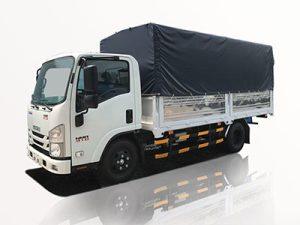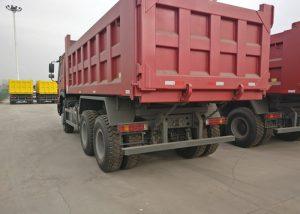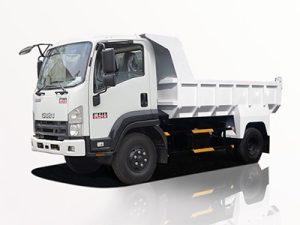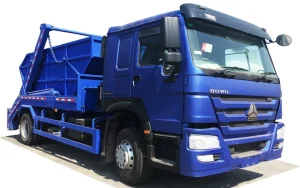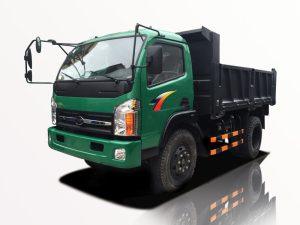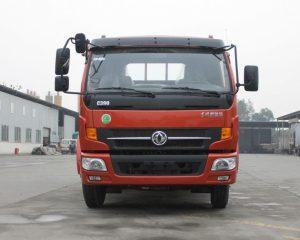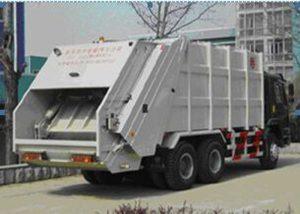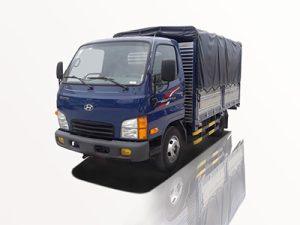Monday to Saturday - 8:00 -17:30
Ultimate Guide to Dump Trucks: Exploring the World of Twenty Trucks
Dump trucks are essential vehicles in construction, mining, and waste management sectors, offering robust performance for transporting materials. In this comprehensive guide, we’ll delve into the intricacies of dump trucks, focusing particularly on the concept of ‘twenty trucks.’ This article aims to provide practical insights and information on various aspects of dump trucks, ensuring you understand their functionalities, types, advantages, and more.
Understanding Dump Trucks
A dump truck is a heavy-duty vehicle used primarily for transporting loose materials like gravel, sand, or demolition waste. The defining feature of a dump truck is its ability to “dump” the transported materials at its destination, thanks to the hydraulic lift mechanism used in its bed. Let’s explore the fundamental components and functions of dump trucks.
Key Components of Dump Trucks
- Truck Chassis: The base structure supporting all components.
- Dump Bed: The container that holds the materials, tilting to release the load.
- Hydraulic System: The mechanism that powers the lift for the dump bed.
- Wheelbase: The distance between the front and rear axles, influencing stability and maneuverability.
- Engine: Powers the truck and determines its hauling capacity.
- Cab: The section where the driver operates the vehicle.
Types of Dump Trucks
Dump trucks come in various types, each tailored for specific applications. Here are the most common types you should know:
| Type of Dump Truck | Description | Common Uses |
|---|---|---|
| Standard Dump Truck | Basic model with a hydraulic lift. | Construction and landscaping. |
| Truck with Trailer | Standard truck with a trailer for extra load. | Transporting larger material loads. |
| Articulated Dump Truck | Has a hinge that allows it to navigate rough terrain. | Off-road applications and mining. |
| Side Dump Truck | Releases material from the side instead of the back. | Narrow areas and unloading near barriers. |
| Double & Triple Axle Dump Truck | Features two or three axles for increased stability. | Heavy hauling and transporting larger loads. |
Benefits of Using Dump Trucks
Dump trucks offer numerous advantages in various sectors. Here are some key benefits:
1. Efficient Transportation
Dump trucks can carry a significant amount of material in one trip, saving time and reducing transportation costs over multiple trips.
2. Versatility
These trucks can be used for several different applications, from transporting sand and gravel to hauling away demolition debris.
3. Cost-Effective
Dump trucks are generally more economical for moving sizable loads compared to smaller vehicles or equipment.
4. Enhanced Safety Features
Modern dump trucks come with advanced safety features like backup cameras, collision alarms, and stabilizing mechanisms, making them safer to operate.
Understanding ‘Twenty Trucks’ in the Industry
The phrase “twenty trucks” commonly refers to a fleet size or transport capacity in the construction and logistics industries. Here, we will discuss how having a fleet of dump trucks affects operations.
Fleet Management of Twenty Trucks
Managing a fleet of twenty dump trucks brings distinct challenges and advantages. Effective management of these vehicles can heavily influence productivity and profitability.
Fleet Configuration
With twenty dump trucks, operators must decide on the types of trucks needed based on the tasks at hand. For instance, a combination of standard and articulated dump trucks might be optimal for various terrains and loads.
Maintenance and Upkeep
Regular maintenance is crucial when managing a fleet. Scheduled servicing should be planned systematically to prevent breakdowns, which could halt operations.
Operational Considerations for Dump Trucks
1. Fuel Efficiency
Dump trucks can consume a significant amount of fuel. Choosing the right truck model, maintaining well-tuned engines, and training operators on efficient driving techniques can improve fuel efficiency.
2. Hauling Capabilities
Understanding your dump truck’s load capacity is critical. Overloading can lead to mechanical breakdowns and safety issues.
3. Route Planning
Efficient route planning helps minimize time on the road and saves fuel. Consider using GPS and routing software for optimal navigation.
Tips for Buying Dump Trucks
Assessing Needs
Before purchasing, analyze your business needs, including load capacity, terrain types, and operational goals.
New vs. Used Trucks
Deciding between new and used dump trucks involves considering budget constraints against reliability and warranty issues. New trucks come with benefits like warranty and the latest technology, while used trucks might offer cost savings.
Best Practices for Operating Dump Trucks
1. Training Drivers
Ensuring that all drivers are properly trained can prevent accidents and promote efficient operations. Regularly scheduled training refreshers should also be considered.
2. Safety Protocols
Implement and enforce safety protocols to protect your drivers and equipment. Use high-visibility clothing and provide safety equipment for operators.
Environmental Considerations
Dump truck operations can impact the environment. Here are some considerations to keep in mind:
Reducing Emissions
Opt for newer models with better emissions ratings, implement regular maintenance checks, and consider using alternative fuels where possible.
Responsible Waste Disposal
Always ensure that transported waste materials are disposed of responsibly to avoid harming the environment.
Cost Analysis of Operating a Dump Truck Fleet
Understanding the costs associated with operating a fleet of dump trucks is crucial for any business. Here’s a rundown of potential costs:
1. Purchase Costs
The upfront cost of purchasing or leasing dump trucks can significantly impact finances. For twenty trucks, this total could be substantial, making financing options worth exploring.
2. Maintenance Expenses
Regular servicing, repairs, and unforeseen breakdowns can add up. Keeping a solid maintenance schedule can mitigate some of these expenses.
3. Insurance
Insurance costs for dump trucks vary based on size, capacity, and driving history. It’s essential to shop around to find the best rates.
Frequently Asked Questions (FAQs)
1. What is the average lifespan of a dump truck?
The average lifespan of a dump truck ranges from 10 to 20 years, depending on its maintenance, usage, and the specific model.
2. How much can a dump truck carry?
A standard dump truck can typically carry between 10 to 14 cubic yards of material, but this may vary depending on the model and specifications.
3. What maintenance is required for dump trucks?
Regular maintenance includes oil changes, brake inspections, tire rotations, and inspections of hydraulic systems.
4. Are articulated dump trucks better for rough terrains?
Yes, articulated dump trucks are designed to handle rough terrains due to their flexible chassis, making them ideal for construction sites and off-road conditions.
5. How can I improve fuel efficiency in dump trucks?
Improving fuel efficiency can be achieved by maintaining proper tire pressure, optimizing load capacity, and ensuring regular engine check-ups.
6. What are the safety regulations for operating dump trucks?
Safety regulations vary by region but usually include proper training for operators, regular vehicle inspections, and adherence to weight limits.


